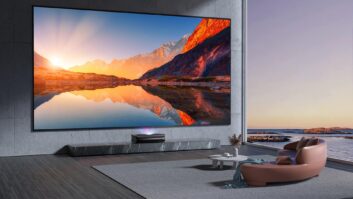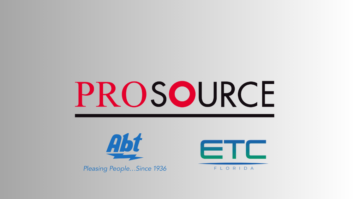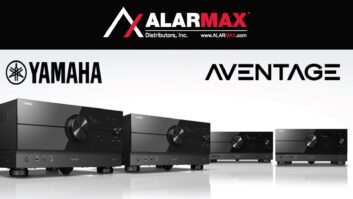Three standards groups have announced new developments intended to advance their favored home-networking standard.
One of them, the Home Phoneline Networking Alliance (HPNA), announced that it plans by mid-2001 or earlier to finalize an upgraded standard that will support a data rate up to 100 Mbps, potentially allowing for multiple simultaneous streams of high-definition video over a home’s phone lines.
Separately, the Home RF Working Group announced plans to step up the promotion of its wireless SWAP (Shared Wireless Access Protocol) standard to consumers, and the Wireless Ethernet Compatibility Alliance (WECA) announced an expanded membership roster for its organization, which certifies interoperability of devices conforming to the wireless Ethernet IEEE 802.11b HR standard.
For HPNA’s part, marketing director Adam Stein said he expects a 100-Mbps version of the standard to be finalized sometime in the first half and that his company, Broadcom, will deliver sample 100-Mbps HPNA chips in midyear.
The current HPNA 2.0 spec, he noted, is scalable from 10 Mbps to 32 Mbps, not to 20 Mbps as previously reported. Broadcom has already sampled 20-Mbps chips and has begun to sample 32-Mbps HPNA chips that also incorporate 10/100-Mbps Ethernet and V.90 modem capabilities. HPNA 32-Mbps product could be available to end users by the end of the year, Stein said.
The HPNA 1.0 data rate is about 1.3 Mbps; 2.0 ups the speed and prioritizes audio and video streams to prevent dropouts.
About 100 products incorporating the 1.0 and 2.0 versions of HomePNA are on the market. HomePNA is built into PCs from Compaq, Dell, Gateway, Hewlett-Packard and IBM; in broadband gateways from companies such as AT&T Wireless, SOHOware and 2Wire; and in broadband modems from companies that include Cisco, Motorola and Panasonic.
Prices range from $200 to $250 for 2.0 DSL modems, about $80 for a pair of 2.0 internal PCI cards for PCs, and $75 for USB adapters.
The technology has already begun to cross over into the home entertainment realm with the launch of Internet radios such as Gateway’s Music Player, which can be inserted into an A/V system to play back music files stored on an HPNA-equipped PC in another room.
In updating its progress, the Home RF Working Group announced that six of its largest members will take the lead role in the organization to spread the word about the wireless network standard. The companies, dubbed promoter companies, are Compaq, Intel, Motorola, National Semiconductor, Proxim and Siemens.
A Home RF spokeswoman said the companies will coordinate the Home RF Group’s promotion of the wireless technology to “deliver a consistent message” in ads and brochures and in other publicity efforts. For Comdex, the promoter companies jointly approved brochures and press releases naming current products equipped with the wireless technology and the features they deliver. Home RF group ads will appear in consumer media sometime in the future, she added.
The promoter companies are also taking the lead in finalizing the SWAP 2.0 spec, which will increase the data rate from 1.6-Mbps to 10-Mbps Ethernet speed. It’s targeted for ratification by the group’s steering committee by the end of the year, although that might slip into the beginning of 2001. Products would follow during the first half.
Both versions prioritize audio and video streams to prevent interruption.
A second wireless standard, 11-Mbps IEEE 802.11b HR, continued to build momentum with the announcement that WECA has increased the number of products that it has certified to 54 from 46. WECA certifies the products for interoperability and allows certified products to carry the Wi-Fi logo.
The new products include PC Cards from Siemens and Sony.
WECA also expanded its membership to 68 companies from 56. The latest include NEC, Nortel and NTT. They join such companies as 3Com, Acer, Compaq, Nokia, Samsung, Sony and Toshiba.
In another network development, the HomePlug Powerline Alliance said power-line technology supplier Phonex has joined the alliance, which is expected to finalize its Intellon-based standard in late Q2 or early Q3 of 2001.
HomePlug specifies a minimum 10-Mbps data rate. Within two years, Intellon said it expects to deliver 100-Mbps chips.
Meanwhile, a competing power-line standard, CEA R7.3, is under development by the Consumer Electronics Association. The association set a Dec. 4 deadline for receiving proposals for a power-line networking standard intended mainly for, but not limited to, home PC networking.
The association hopes to finish field-testing of the proposals by the spring, followed by a detailed report selecting the best one. After that, the technology could become an official CEA standard if the technology developer agrees, the association said.













